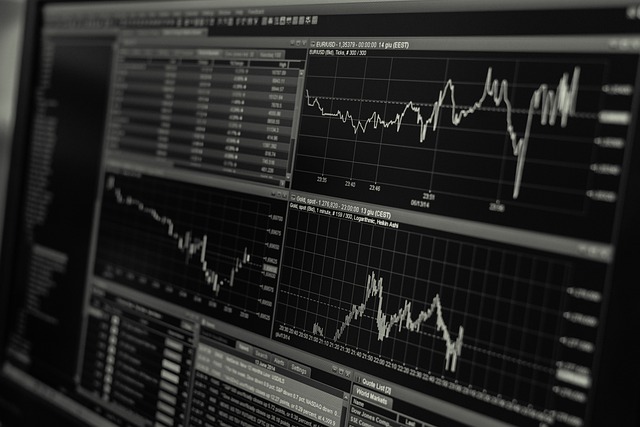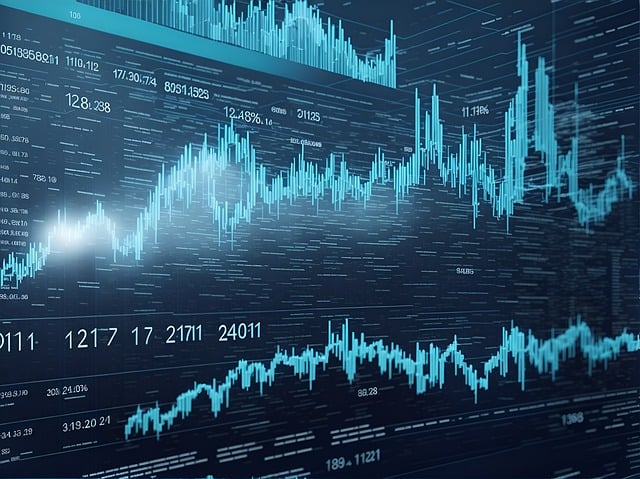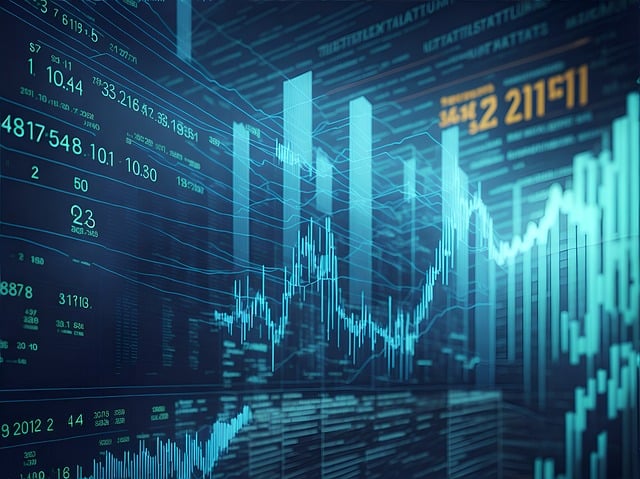Are Trading Bots Legal in 2024?
Author: Jameson Richman Expert
Published On: 2024-10-25
Prepared by Jameson Richman and our team of experts with over a decade of experience in cryptocurrency and digital asset analysis. Learn more about us.
As financial technology continues to evolve, the use of trading bots has become a hot topic among both amateur traders and seasoned investors. Trading bots, automated programs that execute trades on behalf of users, raise crucial questions regarding their legality, ethical considerations, and implications for the financial markets. In 2024, understanding the legal landscape surrounding trading bots is more important than ever.

What Are Trading Bots?
Trading bots are sophisticated algorithms designed to analyze market data, identify trading opportunities, and execute trades autonomously. These bots operate on various trading platforms, often leveraging technical analysis, historical data, and machine learning to maximize profit potential while minimizing risks. The convenience and efficiency of trading bots have attracted a diverse user base, from individual investors to institutional traders.
The Growing Popularity of Trading Bots
The rise of cryptocurrency trading has significantly contributed to the growing popularity of trading bots. Platforms such as Binance, Kraken, and Coinbase have enabled users to automate their trading strategies, enabling them to take advantage of market volatility without the need for constant monitoring. Furthermore, the development of user-friendly interfaces has lowered the barrier to entry, making it accessible for a broader audience.
Legal Landscape: Are Trading Bots Permitted?
Legal frameworks surrounding trading bots vary from country to country, and while some jurisdictions embrace their use, others remain skeptical. In the United States, the legality of trading bots falls under the purview of several regulatory bodies, including the Securities and Exchange Commission (SEC) and the Commodity Futures Trading Commission (CFTC).
Regulatory Oversight
In 2024, the regulatory environment for trading bots in the U.S. entails several considerations:
- Licensing Requirements: Some trading bots, especially those offering advisory services or trading on behalf of clients, may require licenses. The SEC regulates firms providing investment advice and may classify some trading bots as investment advisors.
- Market Manipulation Laws: Automated trading strategies must comply with laws prohibiting market manipulation. Trading bots that engage in practices like spoofing or layering can face stringent penalties.
- Data Privacy Regulations: Bots often require user data to operate effectively. Compliance with regulations such as the General Data Protection Regulation (GDPR) in Europe and the California Consumer Privacy Act (CCPA) in the U.S. is essential.
International Perspective
While the U.S. approach towards trading bots is cautious, other countries have adopted varied stances:
- In the European Union, regulations are evolving but generally allow for trading bots under certain conditions. Countries like the United Kingdom have established frameworks that require firms using trading bots to register with the Financial Conduct Authority (FCA).
- Asian markets have seen a mix of regulatory responses. For instance, Japan has actively embraced cryptocurrencies and their associated technologies, including trading bots, providing a relatively lenient environment for their use.
Considerations for Users
While trading bots can offer significant benefits, potential users should approach them with caution. Understanding the legal implications is essential, as is recognizing the risks that automated trading carries.
Risk of Fraud and Scams
The rapid growth of trading bots has also attracted fraudulent schemes. Unscrupulous companies can promote bots promising unprecedented returns, leading to significant financial losses for unsuspecting users. Conducting thorough research and selecting reputable platforms is crucial in navigating this complex landscape.
Technical Risks
Trading bots depend on technology, and any software flaws or bugs could lead to substantial financial losses. Users should ensure that they understand the algorithms driving their bots and maintain vigilance regarding market changes that could impact their performance.

Innovations and Opportunities
Despite these challenges, trading bots hold significant potential for innovation in the financial sector. Their ability to analyze vast amounts of data quickly can lead to more informed trading decisions and contribute to market efficiency.
Smart Investments with Trading Bots
If you’re considering investing in automated trading, you might explore options like the In-Depth Review of Signals Crypto App: Is It Worth Your Investment?. This resource discusses the features and functionalities of the Signals Crypto App, offering insights into its potential for successful trading. Such platforms often provide analytical tools and user-friendly interfaces, suitable for both novice and experienced traders.
Ethical Considerations in Automated Trading
The use of trading bots brings forth ethical questions. For instance, do these automated systems promote fairness in the markets? The balance between human intuition and algorithmic trading capabilities raises important discussions about the future of market dynamics.
The Role of AI in Trading Bots
Artificial intelligence is increasingly integrated into trading bots, enhancing their predictive capabilities. These advancements may offer competitive advantages to traders who leverage them effectively. However, such developments also provoke debates about the equity of access and the implications for market efficiency.
Future Outlook for Trading Bots
As we move deeper into 2024, the outlook for trading bots appears promising. Innovations in machine learning and data analytics are set to refine their capabilities further, potentially reshaping the way trading is conducted.
The Rise of Trading Bots and Financial Independence
For many, trading bots present an opportunity for financial independence. As detailed in The Rise of Crypto Trading Bots: Revolutionizing the Financial Landscape, these tools empower individuals to participate actively in financial markets with minimal effort, turning passive investors into dynamic traders. As technology continues to advance, and new regulations emerge, the financial landscape will likely evolve, leading to increasing legitimacy and use of trading bots.

Conclusion
The legality of trading bots in 2024 is a complex issue influenced by various factors, including regulatory scrutiny, technological developments, and ethical considerations. As the use of these automated systems expands, potential users should stay informed about the legal requirements and market dynamics to make strategic investments. Whether one views trading bots as a gateway to enhanced financial independence or a potential risk, understanding their implications is vital for navigating this burgeoning field.
Ultimately, trading bots may unlock exciting opportunities within the financial markets, but they also call for prudent use and comprehensive research to mitigate risks and ensure compliance with the law.